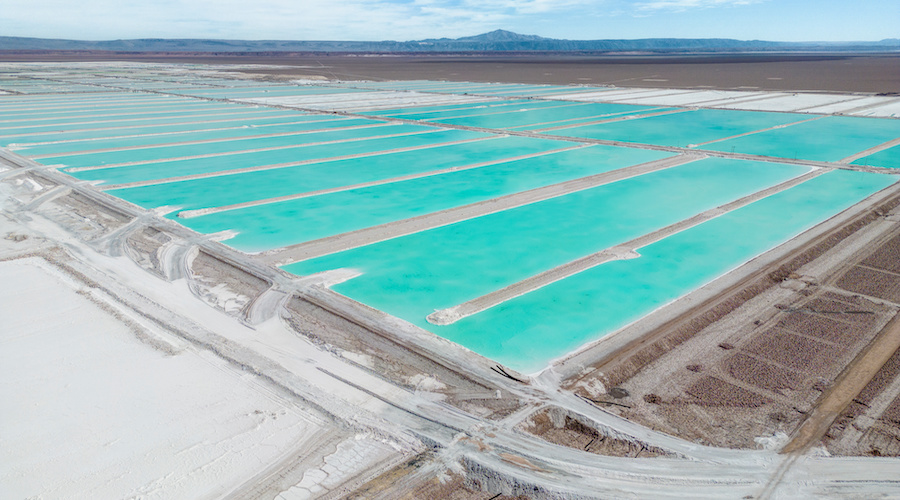De Beers sets up synthetic diamond VC office in Silicon Valley
Venturebeat reports De Beers has set up investment offices in Silicon Valley to find and fund synthetic diamond startups through the investment arm of a subsidiary Element Six.
Element Six Ventures has already funded a number of startups that use synthetic diamonds in the semiconductor industry and other manufacturing processes. Its new office will be in a Santa Clara, Calif. location that will also house a new production site. Synthetic diamond is a surprisingly mature business – the first synthesis of synthetic diamond was achieved by a high pressure, high temperature process in 1953 and 7 years later these processes were commercialized and volume manufacturing started in South Africa in 1960.











